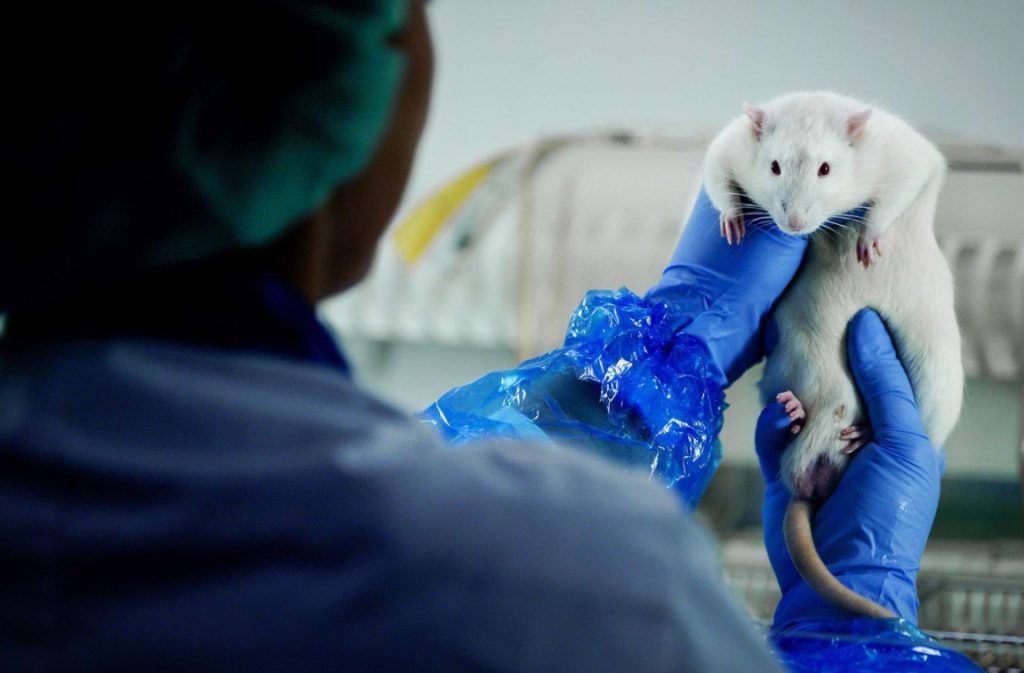The Free University of Brussels (VUB) has been awarded a grant of €250,000 to launch a regional platform to promote alternative methods for animal testing.
The aim of the platform will be to boost the visibility and use of alternative methods, to stimulate the development of these methods and to ensure they are shared within the scientific world, according to Bernard Clerfayt, Brussels Minister for Animal Welfare.
"Science has evolved to include alternatives that do not involve laboratory animals, that are based on human cells and that give more relevant results for humans," Clerfayt said in a press release on Wednesday.
The platform will be hosted by the university's "IC-3Rs" centre, of which all work follows the 3Rs principle: Replace (the use of animals in experiments), Reduce (the number of animals) and Refine (or improve the conditions under which animals are raised as well as the methods used during testing) with a view to minimise any animal suffering.
The centre, of which a "driving force is the urgent need for better models that reflect human biology and physiology with greater accuracy", is actively working on developing alternative methods so science can work with innovative non-animal methodologies wherever possible.
"It is crucial to support not only the development of this type of method but also its identification and awareness through a website if we intend to maintain our objective of drastically reducing the number of animals used in experiments," Clerfayt added.
The university was previously given a €60,000 grant by the government in October last year to finance its research into alternatives for the use of laboratory animals in experiments.
Despite the fact that experimenting using animals is a highly regulated practice - all establishments performing such tests must be approved - and that these animals are legally protected, over 62,000 animals were used in the Brussels Region alone, of which 98% were rodents (mice, rats, guinea pigs, rabbits).
The Brussels government introduced legislation in 2018 outlawing experiments on dogs, cats and primates from 2020, whilst working toward reducing all other types of animal experimentation by 20% by 2025.

